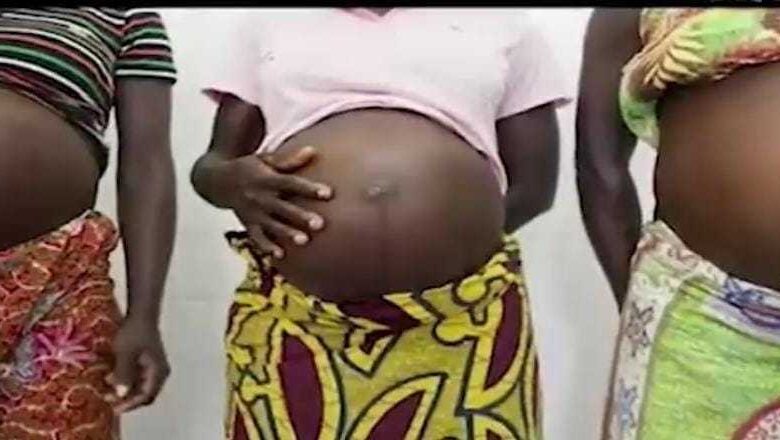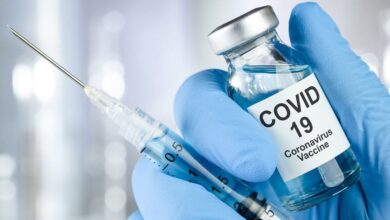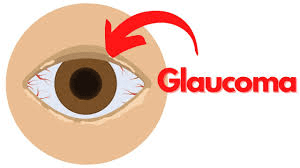2022 GDHS on teenage pregnancy: 26% of teenage girls in Savannah Region got pregnant in 2022

Despite numerous interventions, teenage pregnancy remains a significant challenge in rural Ghana.
The Ghana Statistical Service’s 2022 Demographic and Health Survey (GDHS) revealed that 26% of teenage girls aged 15-19 in the Savannah Region got pregnant in 2022, compared to 6% in the Greater Accra region.
One hundred and nine thousand teenage pregnancies were recorded in 2020 with the Ashanti Region topping the chart. This means 301 girls get pregnant daily in the country, with 13 teenage pregnancies occurring every hour.
In 2022, the Savannah Region recorded 26% of teenage pregnancy cases in the country. While the Ashanti and Northeast Regions both recorded 24% of cases.

Not only are these numbers worrying, but also a critical concern that has life-time implications on their health, wealth and overall well-being.
Northern Regional Statistician, George Agbenyo said ‘‘Access to reproductive health education and rights is also an issue that is a very delicate topic that many parents fear to tackle. And then, of course, the religious issue could also be another factor’’.
Blessilla Na-Afoe Kandoh is the Health Interest Lead, NORSAAC, a CSO advocating for the fight against teenage pregnancy and other health issues in the Savannah region.
‘‘There is some level of commitment, but it is not enough. It is not enough and we can see the realities on the ground where every year, one data is being taken either from these data surveys or from when adolescents are writing their BECE or WASSCE examination. We still have students who are not able to write as a result of teenage pregnancy or those that come with pregnancies or even come with their babies. Government has done well by instituting the re-entry policies but that is not enough.
We need to prioritize access to reproductive health services and education because at the end of the day the only way we can prevent teenage pregnancy is when young people are having protected sex’’.
The 2022 Ghana Demographic and Health Survey report will be strategically disseminated through a five-week event to regional stakeholders.
Sarah Apenkroh 3news.com
Source link






